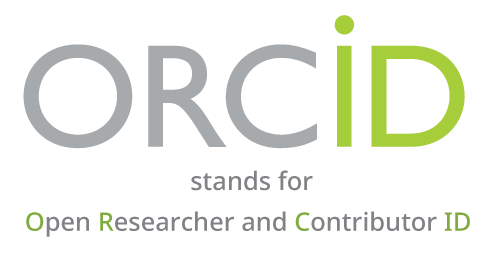
There are many tools designed to help you to organise, manage, compile and share your research more easily. Below are some tools that you may find particularly helpful.
Sage Research Methods provides tools to assist with planning research, organising data and analysing findings. It offers video tutorials, interviews with experts, a comprehensive research methods map, a step-by-step project planner and numerous eBooks. You can log in to Sage Research Methods using your IADT username and password.
Which Stats Test:
Sage Research Methods provides researchers with a useful tool called a 'Which Stats Test.' The test advises researchers on which statistical method will best suit their data by having them answer a series of multiple-choice questions. The test then gives them a recommendation based on their answers.

Methods Map
The Methods Map is an interactive tool demonstrates how elements/methods/terms/concepts of research are connected, and links you to relevant content on that subject/research method. It can help you narrow down what type of research method is appropriate for the type of research you want to conduct. See the below visual for an example of how the Methods Map can point you in the right direction for the type of qualitative data analysis you want to conduct.
Project Planner:
The project planner tool guides researchers through the various steps that are usually required to complete a research project. It provides a kind of roadmap for researchers and clearly outlines what each stage in the research process typically involves.

Zotero is a free tool that creates instant citations. It also helps researchers to gather information, to organise their findings and to collaborate freely with others. The collaboration tool is particularly useful for co-authoring papers and distributing material to students. The reference library is also excellent, as it generates a bibliography for users based on the sources contained in their personal reference library. For more information on Zotero, click here.
ORCID stands for Open Researcher and Contributor ID. ORCID provides researchers with a persistent and unique identifier, which in turn allows them to distinguish themselves from other researchers with the same name. It also combats any problems that may arise if a researcher chooses to change their name. A researcher's ORCID iD is connected with their professional information. This means that all of their publications and affiliations will be linked to their ORCID iD. Sharing your ORCID profile link with others is an easy way to promote your research. It is free and easy to create an Open Researcher and Contributor iD.
